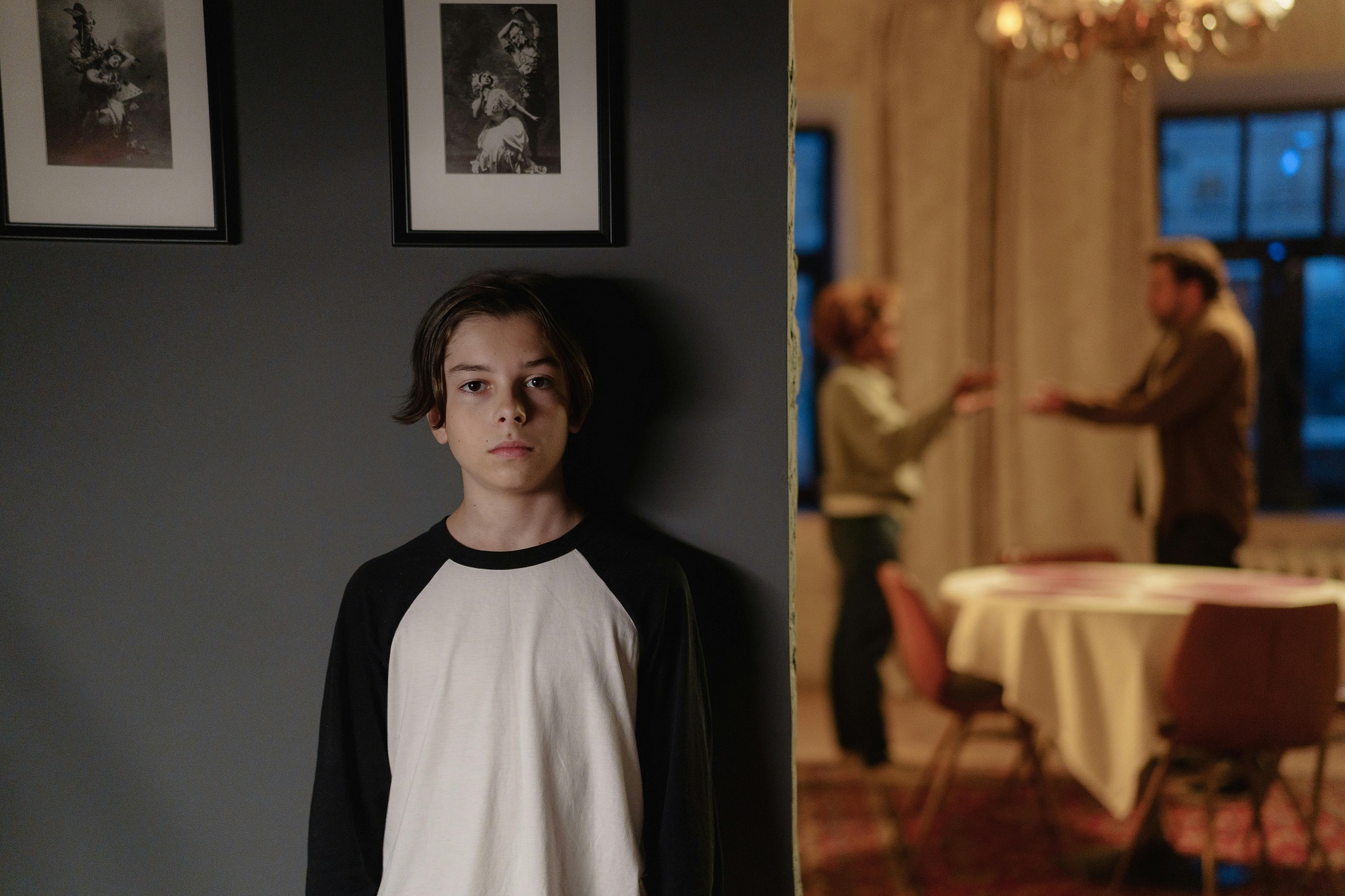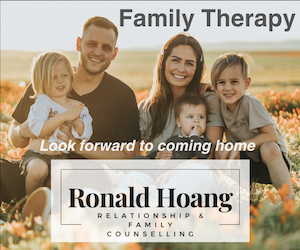The relationship is not good enough to stay, yet not bad enough to leave. You’re staying together for the kids.
It can feel like you’re stuck because you want your kids to grow up in a whole and happy family, but you’re not happy yourself. You’re holding your breath thinking “When would be the best time to leave?”.
When couples describe “staying together for the kids”, this is known as constraint commitment – a couple is staying together due to external motivators. And it’s often not enough to sustain a relationship over the long run. What they lose touch of is their personal dedication, their internal motivation for staying together – they lose the connection in their relationship and it can feel like going day to day living with a roommate. There are two main reasons this kind of constraint commitment happens: a couple forgets to stay friends and the idea that a whole family is equal to a happy family.
Forgot to stay friends
How would you describe your relationship with your child? I imagine you would use words such as loving, affectionate, playful, curious, intimate, close – the exact same descriptors as with a couple relationship. When a child is introduced to a family, energy flows from the couple relationship to the parent-child relationship and the love that was once shared exclusively between the couple is redirected. Understandably, because you want to take care of your child! But if we’re not careful, one relationship may deplete the other. This is not to blame or to tell you not to have children, but just to show how inadvertently constraint commitment can happen.
Whole family equals happy family
Some couples choose to stay together because they believe it’s better for their child to grow up in a family that is whole and together, even if they are miserable in the relationship and constantly fighting. However, a whole family doesn’t mean a healthy family. Truth is, children can adjust to separation, what they don’t adjust to is ongoing unresolved conflict. Children learn about relationships by observing their parents – what relationships look like, how to get along, how to manage conflict. When we struggle, so will our children.
When is the best time to leave?
Unfortunately, there is no definitive answer of when to leave – that is for you to determine based on what is best for you and your children. But it is possible for couples to rediscover their personal commitment to each other by working on friendship which often gets neglected or buried under conflict. Staying to together for the kids is not always most beneficial to the kids.
There are, however, some circumstances you should strongly consider leaving – abuse, of any kind. Abuse can be physical, psychological, financial or sexual, and it is never okay, whether the target is yourself or your children, both have an extremely adverse effect.
For children, witnessing abuse of their parent can have as negative effect on them as being the target – it can cause trauma, impact on their development and lead to behavioural issues. Children need to be protected from any form of abuse. Staying in an abusive relationship can give children the message that its okay to be abused by your loved ones. This can be where we see children grow up to repeat the same relationships that they saw their parents in, as it is normalised for these children and they can end up in abusive relationships themselves.
So whether you choose to stay together or make the decision to separate, consider the impact on yourself and on your children. Know that a whole family is not necessarily a healthy family. Children learn how to be in relationship based on their parents relationship. They can adjust to the grief of separation, but they do not adjust to abuse or ongoing unresolved conflict.









